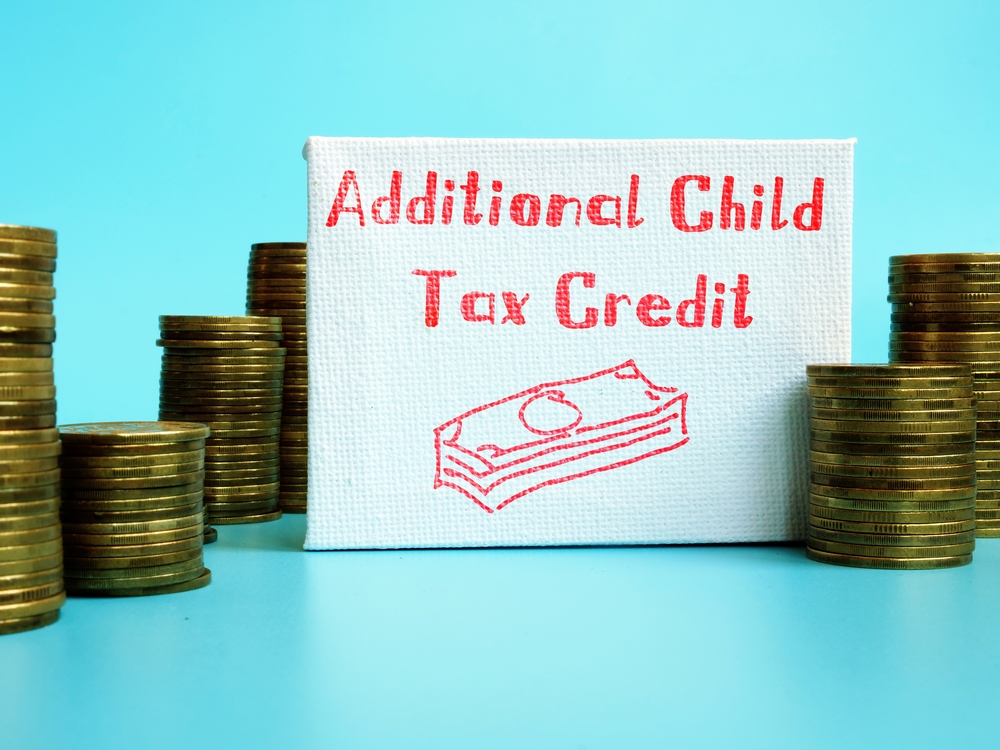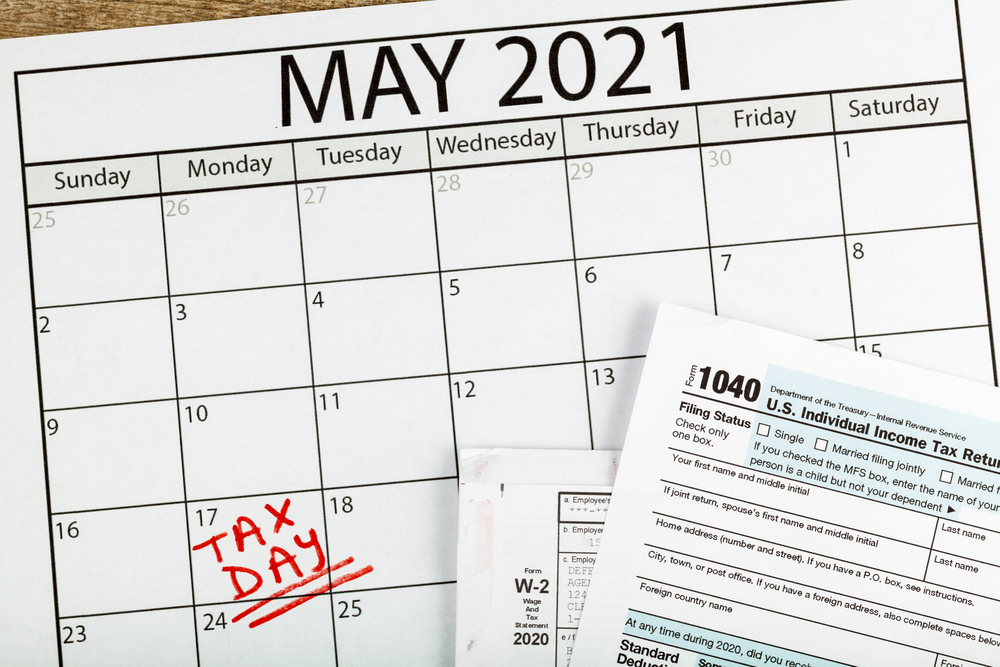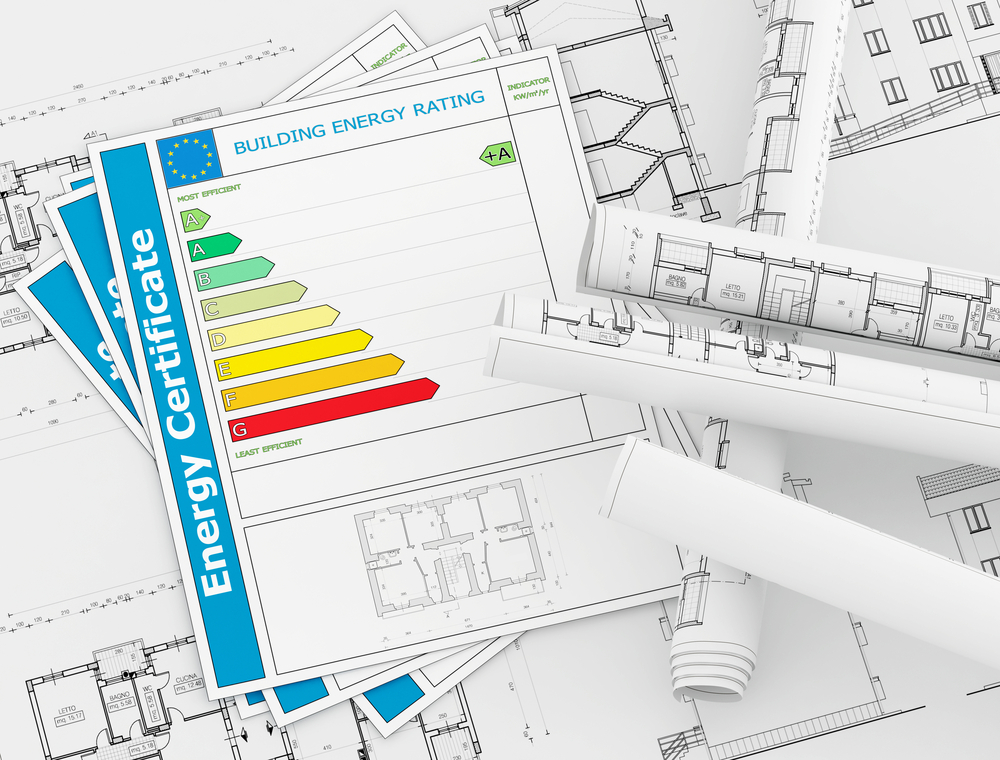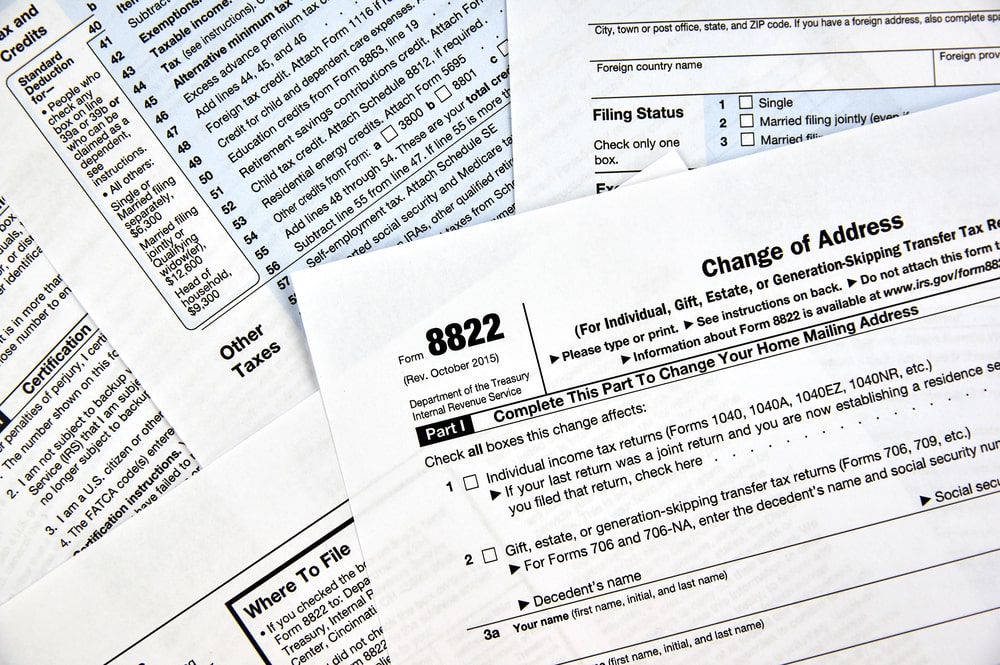
Types of IRS Payment Plans and How to Qualify
Taxes can put a strain on anyone, but if you find yourself facing an unexpectedly large tax bill when you’re filing your tax return, you can feel like you’re out of options. Tax debts are due on the filing deadline, regardless of how much you owe. So what can you do? The IRS actually offers several types of payment plans for taxpayers earnestly seeking to pay their bills. Here are the three plans available and how you can qualify for them.

5 Ways to Make Filing Your Business Tax Return Easier
For W2 employees without many additional sources of income, filing a personal tax return is relatively simple. But if you’re a business owner, your personal tax return can get quite complicated—and then there’s the business tax return to consider. Filing a business return is an entirely different ordeal when compared to filing a personal return, and it can be enough to give you more than a few gray hairs. If you filed to extend your business tax return, your new deadline is just two weeks away, so it’s time to get down to business. Here are 5 tips you can follow to make filing that return easier.

Why You Might Consider Opting Out of Child Tax Credit Payments
Advance child tax credit payments from the IRS began last month, with the second round scheduled to hit bank accounts soon. On the surface, taking the advance payments for the recently expanded child tax credit might seem like a no-brainer for most parents. After all, why would you say no to a monthly check that provides you with additional money for taking care of your children? But the advance payments aren’t exactly the free payday you might think them to be. Keep reading to learn more about what these advance payments are, and why some parents might want to consider opting out of them.

What You Should Know about the IRS's Impending Tax Enforcement Push
The IRS has begun hiring quite rapidly in recent months, especially in comparison to past years’ hiring rates. And while the creation of new jobs is generally a good thing, these thousands of new positions aren’t being filled due to natural growth—they’re being created to allow the IRS to make a big push for tougher tax enforcement. You can expect the IRS to start buckling down on audits, especially for certain individuals, but how do you know if it will impact you? Keep reading to learn more.

Tips for Minimizing Estate Taxes on What You Leave Behind
When completing your will and doing your estate planning, many people worry about just how much their estate will be taxed. This is a valid concern, but the good news is that very few estates are subject to a federal estate tax, as the exemption amount is very high. However, your estate could be subject to an estate tax or inheritance tax by your state. Here’s what you need to know about estate and inheritance taxes, and what you can do to minimize how much of your wealth is lost to taxes.

What Is the Alternative Minimum Tax and Should It Be Eliminated?
The alternative minimum tax (or AMT) is a mandatory alternative to standard income tax for higher income earners who use many common itemized deductions. This secondary tax system is confusing for many, and often requires taxpayers to calculate their income twice to determine exactly what they need to pay. However, it also produces about $60 billion in federal taxes each year from the top 1% of taxpayers, so despite its inconvenience to many, a great deal of individuals support it. What exactly is the AMT, and should it be eliminated in favor of something simpler? Keep reading to learn more.

Why Professional Tax Planning Should Be Part of Your Retirement Plan
When most people think of retirement planning, they think of setting a wealth goal and saving up until they reach it. Perhaps thoughts about supplementing that saved money with other income will come to mind as well. But far too few people realize how professional tax planning now can benefit them in their retirement, and therefore don’t make it a part of their retirement planning. Keep reading to learn why you should seek professional tax planning as part of your retirement planning efforts.

How the Advanced Child Tax Credit Payments Impact Your 2021 Return
By now you’ve probably heard that the federal government will be sending out monthly checks to most parents in the country. But contrary to what many people might believe, these checks are not another round of COVID relief—at least, not exactly. These payments are an advance on an expanded child tax credit. While the credit was expanded as part of the American Rescue Plan Act to help with financial recovery from the pandemic, the child tax credit itself has been around a long time. Here’s what you need to know.

Will Your Student Loan Forgiveness Lead to a Big Tax Bill?
Advocates for student loan forgiveness have been pushing for widespread debt erasure for a long time, and since President Biden took office, it’s beginning to look like some level of forgiveness may be on the horizon. But there's one big issue with student loan forgiveness that many people might not be aware of—taxes. Here’s what you need to know about how having a student loan forgiven can impact your tax bill.

The New Tax Deadline Is Approaching: How to Avoid Late Fees
In case you weren’t aware, the tax deadline actually hasn’t passed yet. The IRS moved the 2021 tax deadline to May 15th to allow taxpayers more time to file, and to give themselves a bit more time to handle another round of COVID-19 relief checks. So, if you haven’t filed your 2020 tax return yet, it’s not too late to avoid late filing penalties! Here are your options.

6 Key Aspects of Our Accounting and Bookkeeping Services in East Brunswick, NJ
If you’re looking for bookkeeping services in East Brunswick, NJ, it’s important to find someone that can do more than just input numbers into a spreadsheet. Your business needs more comprehensive accounting services—services that can offer ongoing support to help your company grow and thrive. That’s why Demian & Company, CPAs, provides many different types of accounting services to businesses in the East Brunswick area and beyond. Here are 6 of the key services we can provide.

Reliable, Accurate Bookkeeping Services in East Brunswick, NJ
Precision in your business’s bookkeeping is essential. Accurate numbers ensure proper cash flow, make filing taxes easier, and can be a lifesaver if your business is audited. At Demian & Company, CPAs, we offer reliable and accurate bookkeeping services in East Brunswick, NJ, to help keep your business on track. Keep reading to learn how our professional business accountants can help.

Our Accounting Services in Cranford, NJ, Can Prepare You for May 17th
The tax deadline is just a little over a month away, and many people are still feeling unprepared. Whether you’re not sure how to handle your stimulus checks on your return, want to make some last-minute tax moves to reduce your tax liability, or just lost track of time and need to file right away, our tax pros in Cranford, NJ, are here to help. Here’s how our services can help you prepare for the impending deadline.

Providing Essential Accounting Services in East Brunswick, NJ, after a Difficult Year
It’s now been over a year since businesses began to lock down and individuals began to isolate in response to the COVID-19 pandemic. And though things are slowly inching back towards normal, the effects of 2020 will likely be felt for a long time. Right now, as the tax deadline approaches, many people are uncertain about many aspects of handling their 2020 returns. Demian & Company, CPAs, is here to help our clients in East Brunswick, NJ, and surrounding areas to find reassurance and certainty in their taxes and accounting.

IRS to Issue Refunds for Eligible Unemployment Compensation Tax Return Filings
Have you already filed your tax returns? If so, you may see a larger tax refund than expected arriving in the mail as early as next month. Starting in May, the IRS plans to issue tax refunds to many of those who reported unemployment compensation on their tax filings prior to March 11th as part of the Amerian Rescue Plan.

Energy Efficiency Deductions: What Qualifies and How Much?
Many homeowners have made the effort to “go green” in recent years, with residential solar power quickly growing in popularity and more energy-efficient home systems becoming available. While the upfront cost of these upgrades can be quite steep, most find that the energy cost savings and the tax deductions for them help to balance out the investment. Recent changes to tax law have decreased the amount that you can deduct for these upgrades, however, and the deduction will continue to decrease until it’s no longer available. But how much can you deduct right now, and what kinds of upgrades qualify? Keep reading to find out.

Why You Should Consult Your CPA when Considering a Legal Settlement
When you’re in the middle of negotiations for a legal settlement, you’re probably focused on consulting with your attorney. But have you taken the time to consult with a CPA about it yet? Many people are unaware that they should speak with an accountant before reaching a final agreement on their legal case, but doing so can drastically change your perception of what a fair settlement amount would be. At the very least, it will help you to get a better picture of how much you’ll actually receive in your account when all is said and done. Keep reading to learn why you need to speak to your CPA regarding your legal settlement.

Important Information about the Second Round of PPP
The long-awaited second round of COVID relief was rolled out with the New Year, including an expansion and extension of the Paycheck Protection Program. Many businesses can be eligible for additional funding from the government, which may help your company make it through what are hopefully the final months of the COVID-19 crisis. According to a survey of business owners conducted by Alignable, 85% of businesses feel they need this additional financial relief to keep their companies running. If you’re one of them, here’s what you need to know about this second round of PPP loans.

Updating Your Address with the IRS: How to Do It and Why It Matters
When you move, it seems there are countless entities that need your new address—credit card companies, magazine subscriptions, fitness memberships, etc.—and odds are high that you’re going to forget to change your address with a couple of them. But what about updating your address with the IRS? Most people don’t have this at the forefront of their mind when making a list of entities to which they must submit a change of address. In some cases, however, failing to update your address with the IRS can have major consequences. Keep reading to learn more.

The Newest Tax Scams for the 2021 Tax Season
Tax scams strike every tax season, and they are constantly evolving and changing. While most people intuitively recognize most forms of tax scams, it’s still important to be aware of how these thieves are changing their tactics so that you can avoid becoming a victim. Here are some of the newest tax scams that we’re seeing for the 2021 tax season. Make sure you know how to recognize them if they come your way.

Reconciling Your COVID Stimulus Payment on Your Tax Return
The COVID stimulus payment provided earlier this year brought financial relief to many who were struggling near the beginning of the pandemic. But it also brought some confusion to taxpayers about how this stimulus check would be handled when it was time to file taxes.
